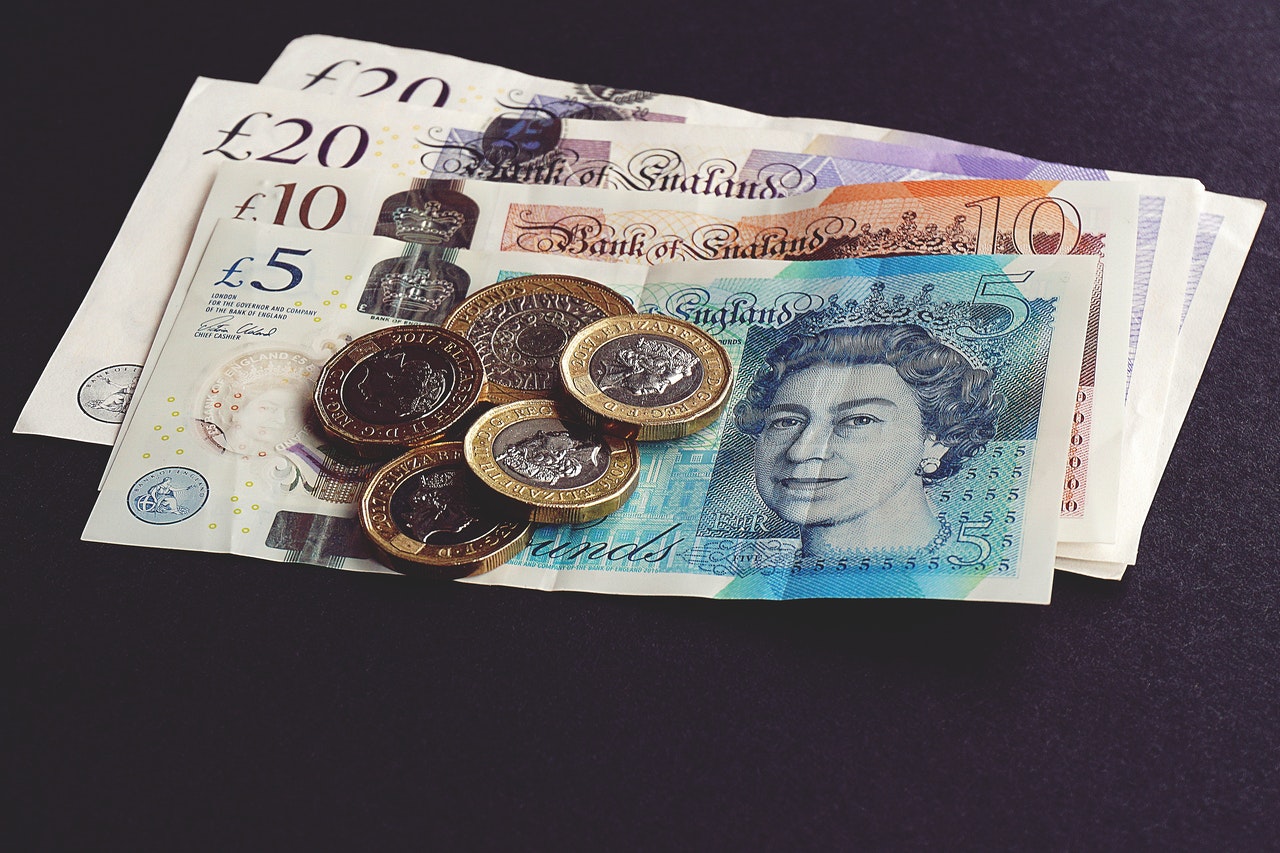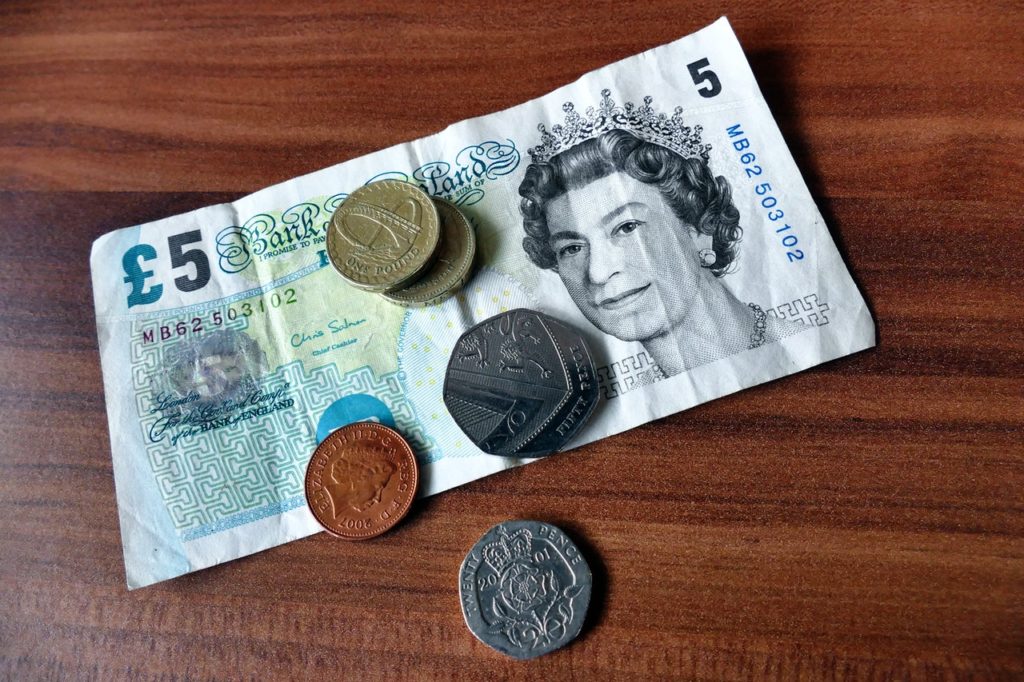Many people have heard of it, but if asked, money laundering can be hard to define.
While it may sound like simply washing money, the term refers to making ‘dirty’ money appear legally obtained.
In the UK, money laundering is loosely defined as the handling or involvement with any proceeds of crime. If you have the financial proceeds of criminal activity, this counts as money laundering too.
Of course, you may be in possession of the proceeds from crime and not know it. Many companies inadvertently obtain finances via business transactions that can be traced to illegal activity. Therefore, before you and your company engage in any transactions with another company, it is always best to thoroughly research them to prevent any future implications. Failure to do so could be seen as being compliant in any future investigations so always be careful!
There are also different types of money laundering which occur in the UK. Here, a criminal solicitor breaks them down, so you can keep your eyes peeled for them in your day to day business transactions.
Smurfing/ structuring
Remember those little blue cartoon characters?
Smurfing is a slang-term that came about concerning money laundering as the final amount is broken down into smaller chunks. Why? Because many banks will flag large deposits into an account as suspicious.
To avoid this, a large amount is broken down and deposited into one or many accounts in succession. Luckily, many banks have a system in place to detect these making this kind of transaction harder.
To avoid this, always check the sources and financial records of any business you have regular transactions with or contact a criminal solicitor for advice on any suspicious transactions.
Real estate laundering
Not so commonly seen in the world of business, but if you are aware that a business partner has suddenly purchased a large estate, this can be an indicator of money laundering.
Why? As they are trying to remove all traces of the money, the easiest and fastest way to do so is via the purchasing of a house or real estate. If you have any suspicions about a business associate, contact a criminal solicitor.

Foreign bank accounts
The old joke about an offshore bank account should not be taken lightly.
The money needs to be smuggled across a border to be placed in a foreign bank account and to avoid detection, this is often done in person.
Once across the border, the final amount is broken down and smurfed into either one or many foreign accounts. If a business associate is frequently moving money into unknown accounts, this is a red flag.
Trade-based laundering
This laundering type can be seen in medium to small businesses and is rarely traced to associated business partners.
It involves editing invoices and documents to cover up evidence of money laundering. This is done by misreporting the price of items, the number of items and the charges associated with both import and export taxes.

